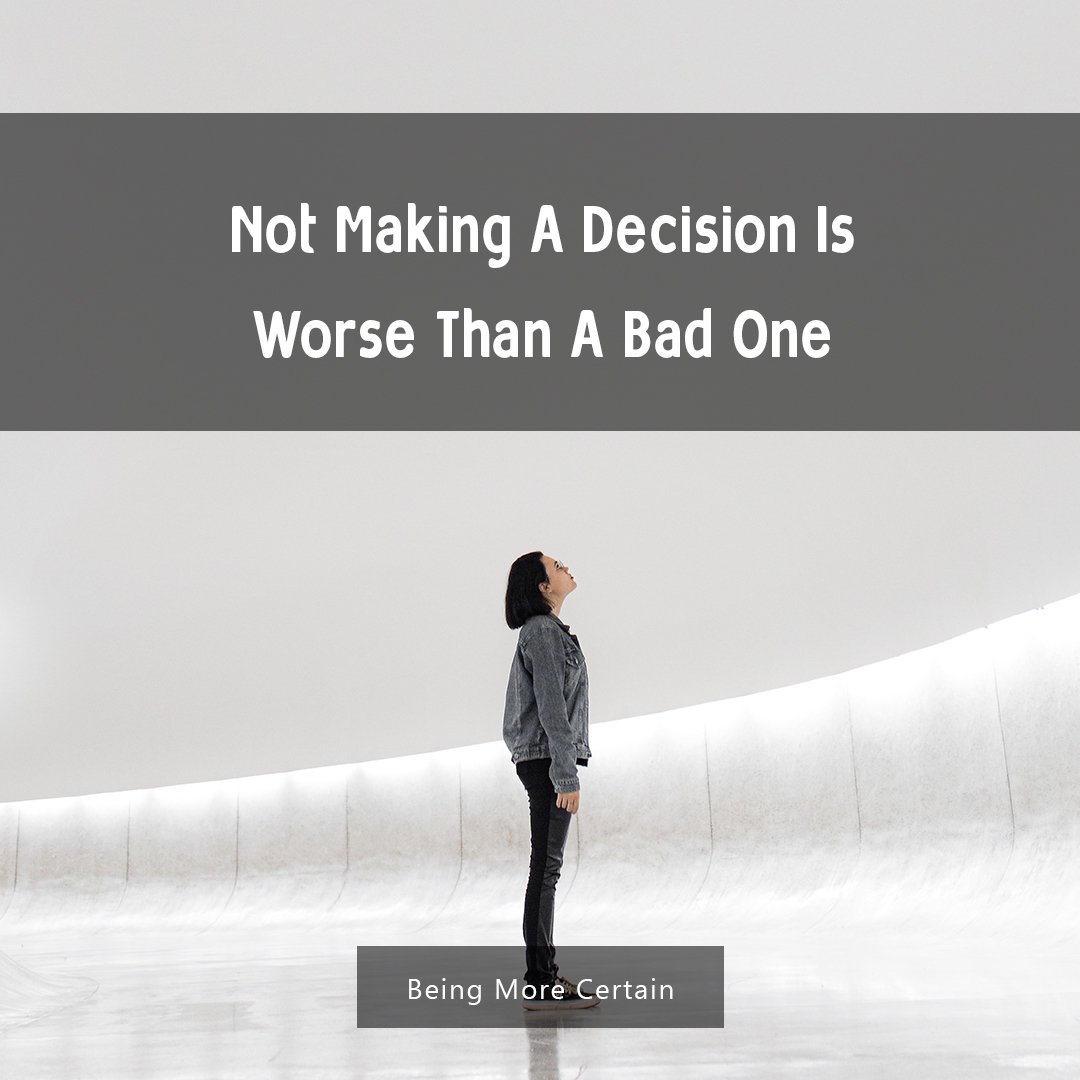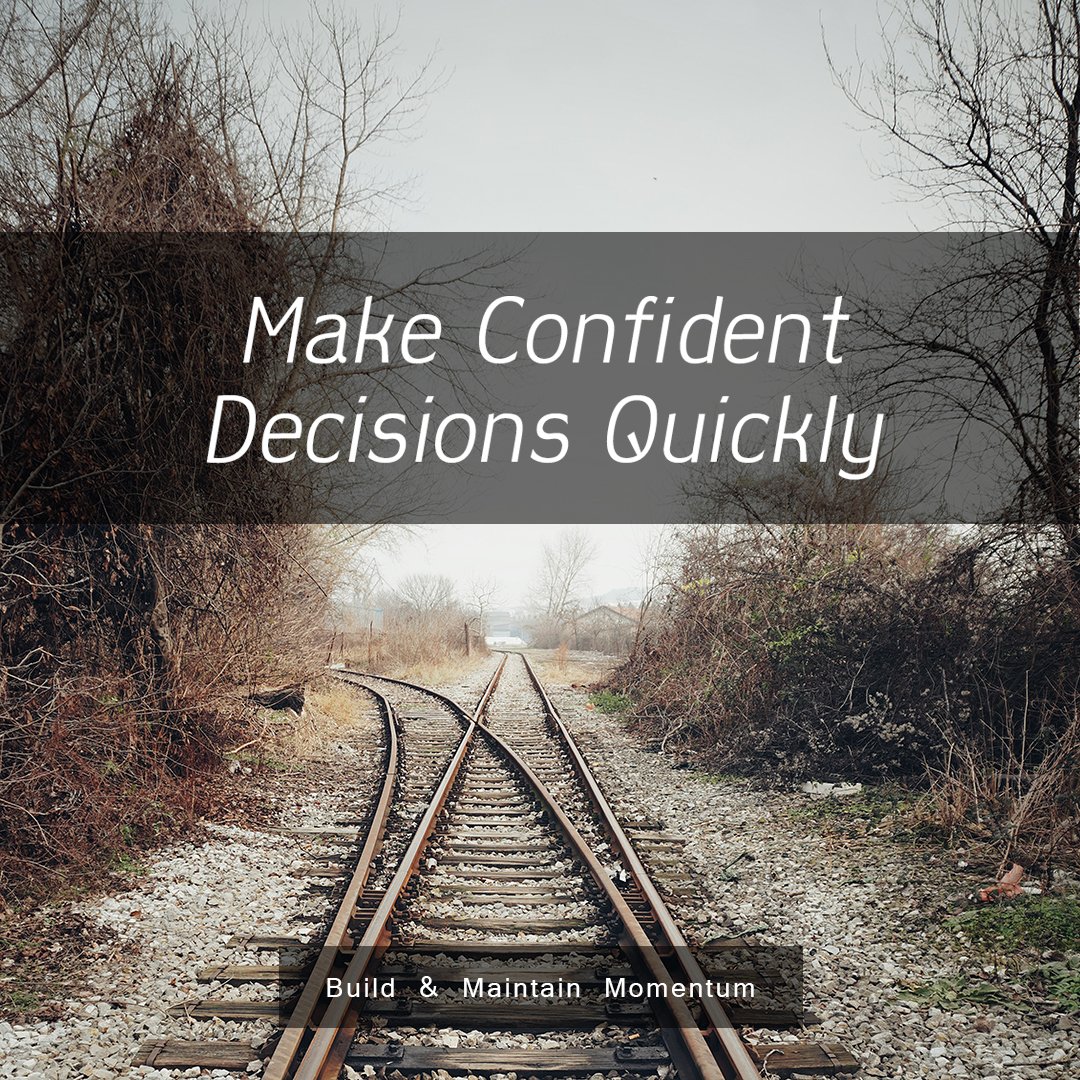Effective decision making involves a systematic approach to identifying and analyzing options and selecting the best course of action. Here are the steps for effective decision making:
Identify the problem or opportunity: Clearly define the problem or opportunity that needs to be addressed.
Gather information: Collect relevant data and information to help understand the problem or opportunity.
Generate potential solutions: Brainstorm and generate a list of potential solutions to the problem or opportunity.
Evaluate potential solutions: Analyze and evaluate the potential solutions based on their feasibility, effectiveness, and potential consequences.
Select the best solution: Choose the solution that best meets the needs and goals of the organization or situation.
Implement the solution: Put the chosen solution into action and make any necessary adjustments as needed.
Review and evaluate the results: Monitor and evaluate the results of the chosen solution to determine its effectiveness and identify any areas for improvement.
It is important to remember that the decision-making process is not always linear and may involve revisiting and revising steps as new information becomes available or circumstances change. It is also important to involve the appropriate stakeholders in the decision-making process to ensure that diverse perspectives are considered and to build support for the chosen solution.




